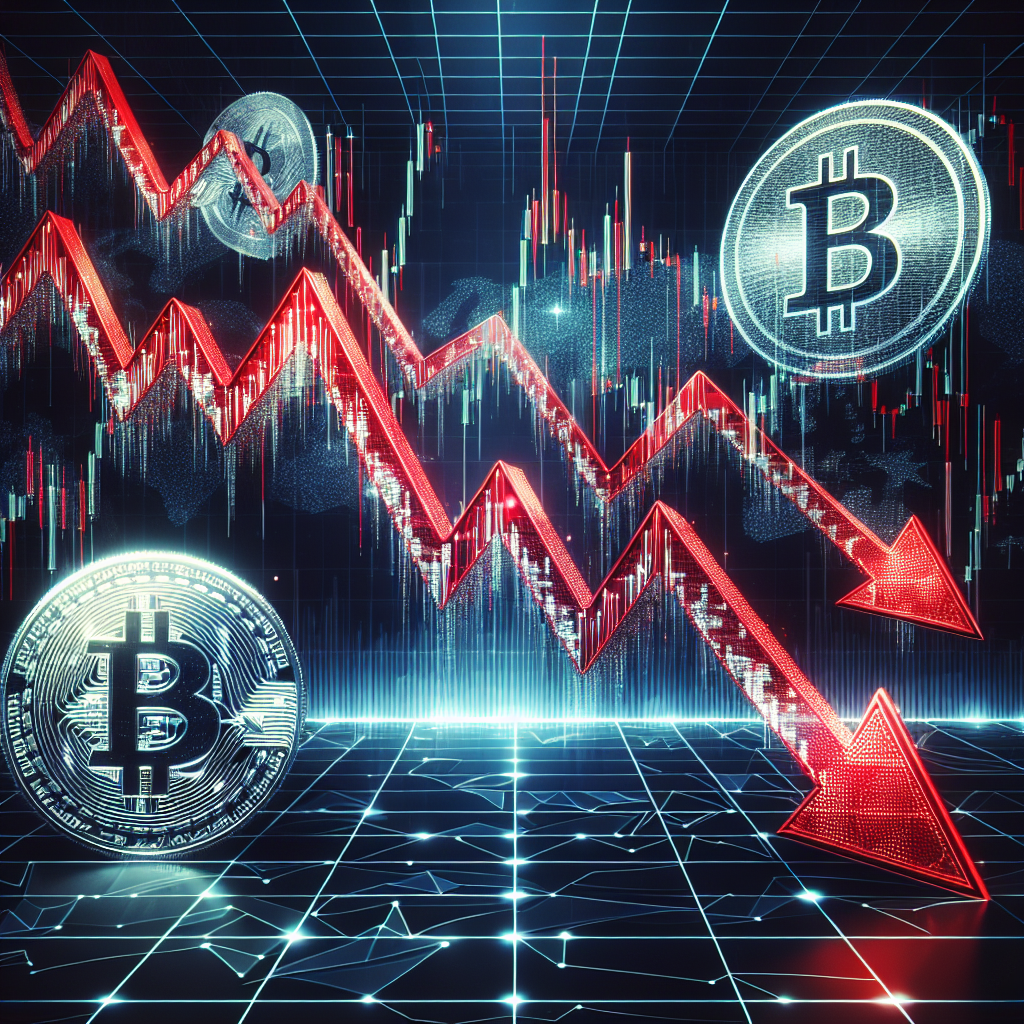When economic growth stalls while inflation creeps upward—a phenomenon known as stagflation—traditional investments tend to falter. Yet, this very scenario often boosts the appeal of scarce assets like gold, as highlighted in the report.
Regarded as “hard money” similar to digital gold, bitcoin emerges as a contemporary safeguard for preserving value, the analysis emphasizes.
Following President Donald Trump’s declaration to suspend tariffs for 90 days on nations that have refrained from retaliatory trade measures, cryptocurrencies experienced a notable rally on Wednesday.
Trade Frictions Stir Demand Shifts
According to Grayscale, escalating trade tensions might weigh on the demand for the U.S. Dollar as the global reserve currency, thereby paving the way for alternative contenders such as other fiat currencies, gold, and notably, bitcoin.
Drawing from history, the asset manager points out that periods of dollar depreciation coupled with heightened inflation rates could endure, creating fertile ground for bitcoin’s growth.
Policy Changes and Market Evolution
The report underscores how swift enhancements in market infrastructure, reinforced by evolving U.S. governmental policies, may broaden bitcoin’s appeal across a wider swath of investors.
Noteworthy statistic: Over the past decade, bitcoin’s correlation with traditional assets like stocks and gold has remained relatively low, often below 0.2, underscoring its role as a diversification tool during times of economic uncertainty.




